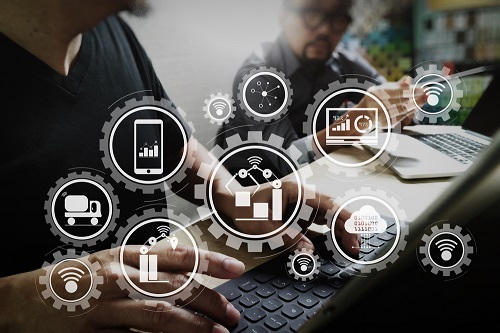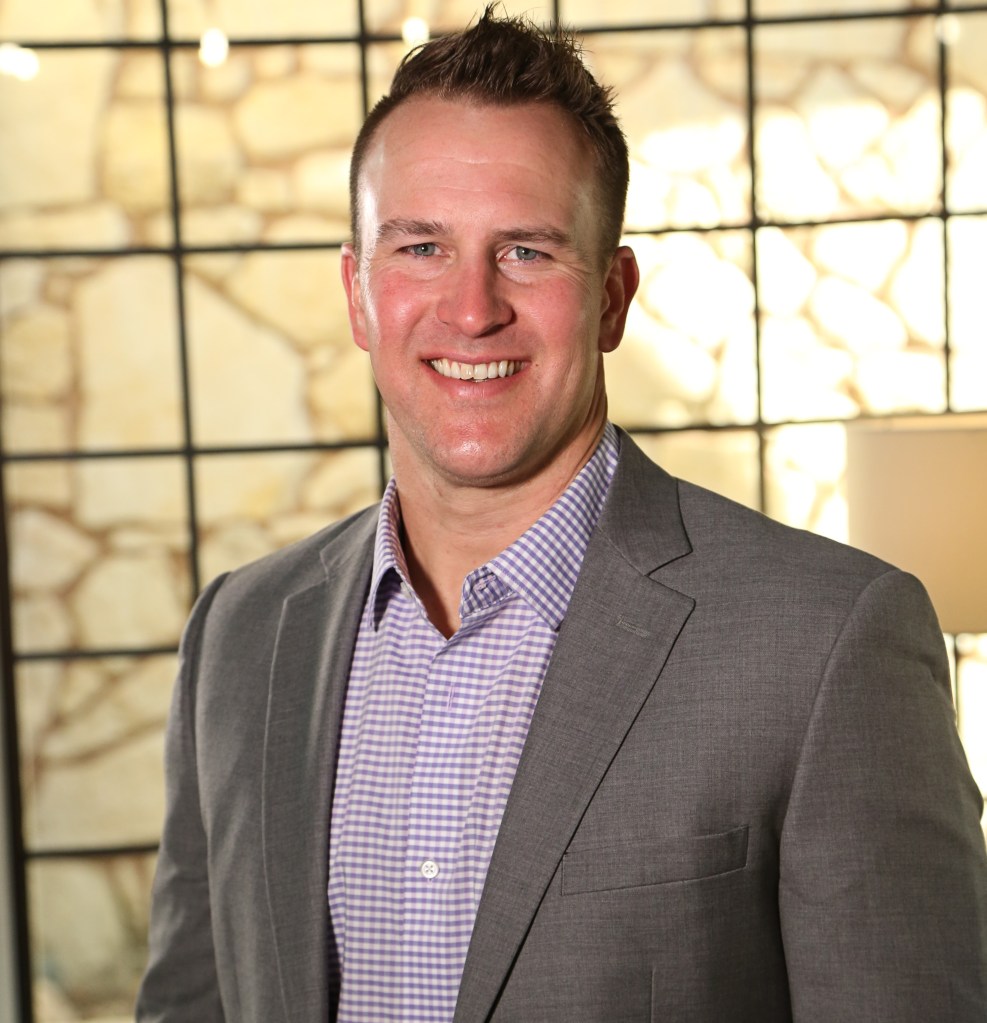Technology Deep Dive: The Internet of Things in Commercial Lines

By: Ron Berg
In commercial insurance, the impact of the Internet of Things (IoT) will vary from business to business. However, all businesses, including insurance agents and carriers, will benefit in three major ways: improvements in internal operations and productivity, new opportunities for bringing value to customers, and new business models and sources of revenue.
Businesses can leverage IoT devices in a number of ways to improve operational efficiency, reduce claims and mitigate risk:
- Equipment sensors to immediately detect and prevent losses from issues such as water leaks or overheated equipment
- Environmental controls and sensors to monitor and manage heat, lighting and employee safety standards in the workplace
- Fleet management devices to determine where vehicles are located and monitor and improve driving behavior
- Smart cities to improve and monitor the provision of utilities, such as gas, electric and waste management, as well as transportation, emergency response and building automation in urban areas
- Smart agriculture to monitor moisture, temperature and irrigation, and automate crop planting, spraying and harvesting
Thanks to these types of examples, insurers will have more data on commercial insureds than ever before. As more commercial insureds leverage IoT devices to reduce or even eliminate claims, this data will enable insurers to not only underwrite more accurately, but also reward clients with better pricing.
However, while IoT technology provides new opportunities to improve safety and loss control, it may also introduce new cyber risks for your client. Discuss questions regarding the security of IoT devices with every commercial client. As rapidly as IoT technology is evolving, regulations concerning the protection of the data gathered by these devices are growing as well—making a thorough understanding of your client’s exposure to new IoT-related cyber risks even more critical.
And although there is no doubt that IoT technology will reduce claims frequency, processing claims will always be a core service provided by carriers. How can carriers use the IoT to improve the customer experience? For example, could sensors notify a carrier of a loss directly in real time?
As representatives of both the carrier and the consumer, agents must seek to understand the ramifications of self-service claims, as well as potential problems, such as communication issues with appraisers and remote-servicing technologies for inspection and loss control.
Educate your commercial insureds about how to utilize all available technology to facilitate prompt and accurate claims reporting, and make sure they have the opportunity to provide feedback about how IoT technology has helped or hindered their organization.
Ron Berg is executive director of the Agents Council for Technology (ACT). This article is adapted from ACT’s free IoT e-book. View all of ACT’s IoT resources online.
For details on how the IoT will impact personal lines, check out “Technology Deep Dive: The Internet of Things in Personal Lines.” For details on how the IoT will impact life-health insurance, keep an eye on IAmagazine.com and upcoming editions of the News & Views e-newsletter.










